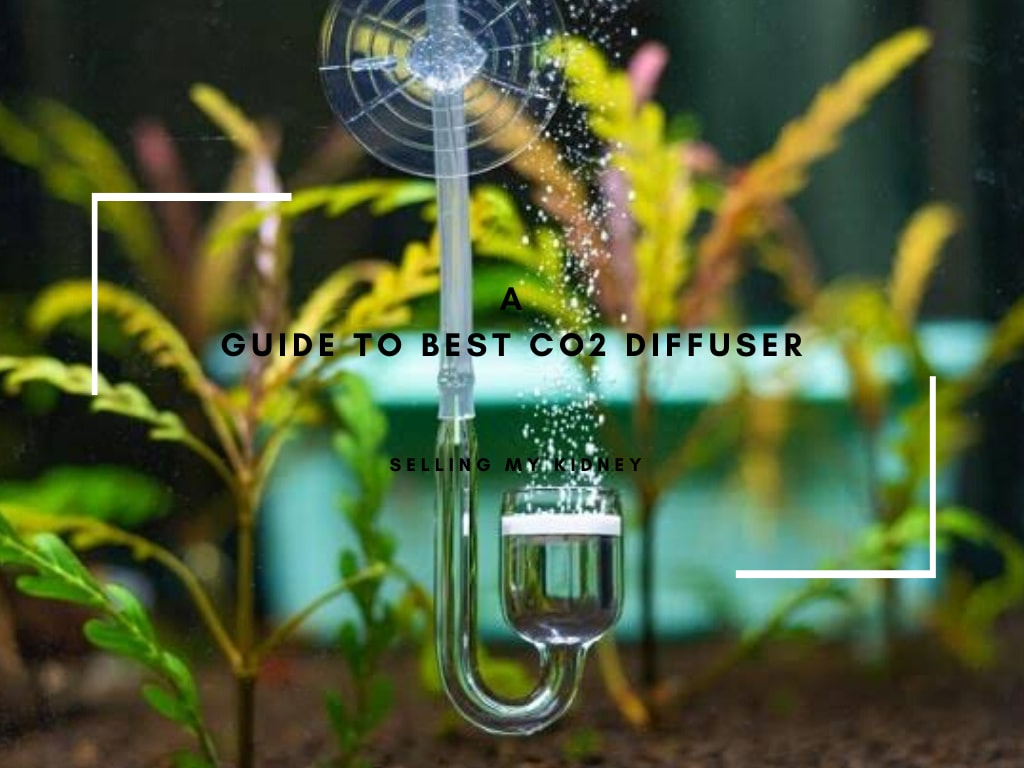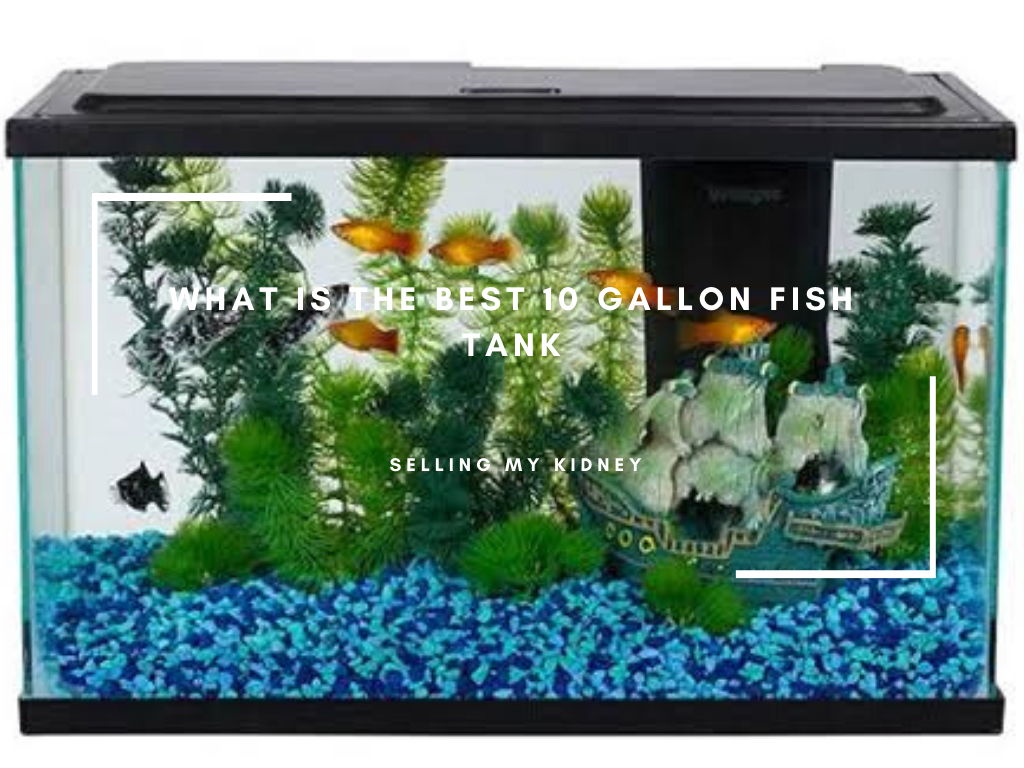Yes, they do! Aquarium filters are essential to keeping a healthy and thriving fish tank.
They help to keep the water clean by removing debris, uneaten food particles, and other waste products from your tank.
Additionally, many types of filters also provide important biological filtration.
Which helps to break down harmful toxins in the water, such as ammonia or nitrates, into less toxic forms that can be safely removed from your system.
Furthermore, some aquarium filters will add beneficial bacteria to your tank.
These helpful microorganisms play an important role in maintaining good quality aquatic life for all species living within it.
That includes providing additional oxygenation through their respiration process!
In conclusion: yes – aquariums definitely do have a positive effect on oxygenating our tanks’ waters!
The Role Of Aquarium Filters In Oxygenation
Aquarium filters play an important role in oxygenation.
They help keep the water clean and healthy while providing a steady supply of fresh air for fish and other aquatic life.
Here are some key facts about aquarium filters:
- Aquarium filters remove debris from the tank, such as uneaten food particles, waste products from fish or plants, and dead plant matter. Which can cause poor water quality if left unchecked;
- Filters provide mechanical filtration by trapping larger pieces of debris on filter media like sponges or pads;
- Biological filtration is provided through beneficial bacteria that break down ammonia into nitrite and nitrate. This process helps maintain good levels of dissolved oxygen in your tank;
- Chemical filtration removes toxins like heavy metals using activated carbon or resins inside special cartridges within the filter system.
- In addition to these functions, many modern aquariums feature built-in aerators that add extra bubbles directly into tanks. ThatHence, more oxygen enters the water column faster than it would naturally occur without them! That helps increase surface agitation.
- This type of supplemental aeration is especially helpful when keeping species with higher demands for oxygen (like goldfish).
- Ultimately, all types of aquaria benefit greatly from having adequate filtering systems installed because they ensure optimal conditions exist at all times. That allows you to enjoy beautiful underwater scenes full of vibrant colors & happy inhabitants!
Understanding The Relationship Between Filters And Oxygenation
Filters and oxygenation are two important components of a healthy aquatic environment.
Filters help to remove debris, dirt, and other particles from the water while also providing biological filtration, which helps break down waste materials into smaller pieces that can be more easily removed by the filter media.
Oxygenation is essential for fish health, providing them with much-needed dissolved oxygen to survive.
Without adequate levels of dissolved oxygen, they will suffer or even die due to a lack of air supply.
Here’s how filters and oxygenation work together:
- The filter removes solid wastes such as uneaten food and excrement. That allows clean water back into your tank/pond.
- This process increases surface area exposure, so beneficial bacteria have an easier time breaking down organic matter (ammonia)
- The increased bacterial activity produces nitrates – these need removing too! So you’ll want some form of chemical filtration like activated carbon or zeolite.
- As this happens, there’s less ammonia present, meaning higher levels of available DO (dissolved oxygen). This means healthier fish that require plenty of O2 for respiration.
Examples Of Filter Types Include:
- Mechanical Filtration – Removes large particulate material through physical straining using sponges/foams etc.
- Biological Filtration – Breaks down toxic substances produced by decaying organics via colonies on bio-media, e.g., ceramic rings.
- Chemical Filtration – Adsorbs pollutants out from aquarium water using active ingredients like charcoal granules
It’s important not only to understand what type(s)of filtering system best suits your needs. But it’s also to ensure proper maintenance routines are followed regularly.
It is important to clean mechanical filters every few weeks depending on stocking level & replacing any exhausted chemicals when necessary.
By doing all this correctly, you should achieve an optimal balance between both elements resulting in crystal-clear waters full of life!
How To Maintain Optimal Oxygen Levels In Your Aquarium With A Filter?
Maintaining optimal oxygen levels in your aquarium with a filter is essential for the health of its inhabitants.
Here are some tips to help you do this:
- Use an air pump and airstone – these will increase surface agitation, which helps add more oxygen to the water;
- Install a good quality filtration system – that includes mechanical, chemical, and biological filters;
- Make sure there are enough live plants in your tank – as they produce oxygen through photosynthesis during daylight hours;
- Avoid overstocking or overcrowding fish tanks – too many fish can lead to low dissolved oxygen concentrations. Because their respiration rate is higher than what’s produced by natural processes like photosynthesis from aquatic vegetation or aeration devices such as pumps/air stones.
- Keep regular maintenance on all equipment, including cleaning out debris buildup inside filters, so it doesn’t impede proper flow rates.
- This also ensures adequate circulation throughout the entire tank environment.
By following these steps, you should be able to maintain healthy levels of dissolved Oxygen (DO).
Types Of Filters That Are Better At Oxygenating The Water
Many types of filters can help oxygenate the water.
Some popular examples include:
- Mechanical, biological, and chemical filtration systems;
- Air pumps or diffusers;
- Aeration stones/plates;
- Ozone generators.
Mechanical filtration removes solid particles from the water by using a filter media such as sand, gravel, or sponges to trap debris before it enters your tank.
Biological filtration uses beneficial bacteria to break down organic waste into harmless compounds like nitrates.
Which are removed through regular maintenance and cleaning cycles. So they do not accumulate in your aquarium environment over time.
Chemical filtering involves adding substances like activated carbon or resins that absorb certain pollutants from the water column while leaving other elements untouched.
So they don’t disrupt delicate aquatic ecosystems within an aquarium setup (by killing off organisms) or indirectly (through nutrient imbalances).
Air pumps provide additional oxygen levels when used with airstones/diffuser plates placed strategically throughout tanks.
This helps keep fish healthy since their gills need plenty of dissolved O2 molecules at all times!
Lastly, ozone generators create tiny bubbles filled with highly concentrated amounts of pure oxygen gas. Which quickly dissolve into surrounding waters providing extra benefits beyond just increasing DO concentrations alone.
These act as natural disinfectants against harmful pathogens too!
How To Tell If Your Filter Is Providing Enough Oxygen To Your Aquarium?
To tell if your filter is providing enough oxygen to your aquarium, you should look for the following signs:
- Fish are swimming actively and appear healthy;
- The water has a slight ripple on its surface;
- There’s no visible algae growth in the tank;
- You can see bubbles coming from air stones or other aeration devices (if present).
If all of these conditions are met, then it means that there’s sufficient oxygen being provided by the filter!
However, if any of them aren’t true – such as fish gasping at the surface or an excessive amount of algae growing – this could indicate that more filtration/aeration is needed to ensure proper levels of dissolved oxygen in your aquarium environment!
Conclusion: Do Aquarium Filters Oxygenate The Water?
In conclusion, aquarium filters do oxygenate the water.
This is an important process for keeping fish healthy and happy in their tanks.
Aquarium filters help remove waste from the tank while providing a steady flow of fresh air into it. Which helps keep dissolved oxygen levels high enough for aquatic life to thrive.
Additionally, they can provide biological filtration by breaking down ammonia and nitrite compounds that are toxic to fish.
This further contributes towards maintaining good water quality within your tank environment!
Installing an efficient filter system on any size or type of aquarium will benefit its inhabitants and make maintenance much easier.
So I highly recommend investing in one if you’re looking after some finned friends at home!




